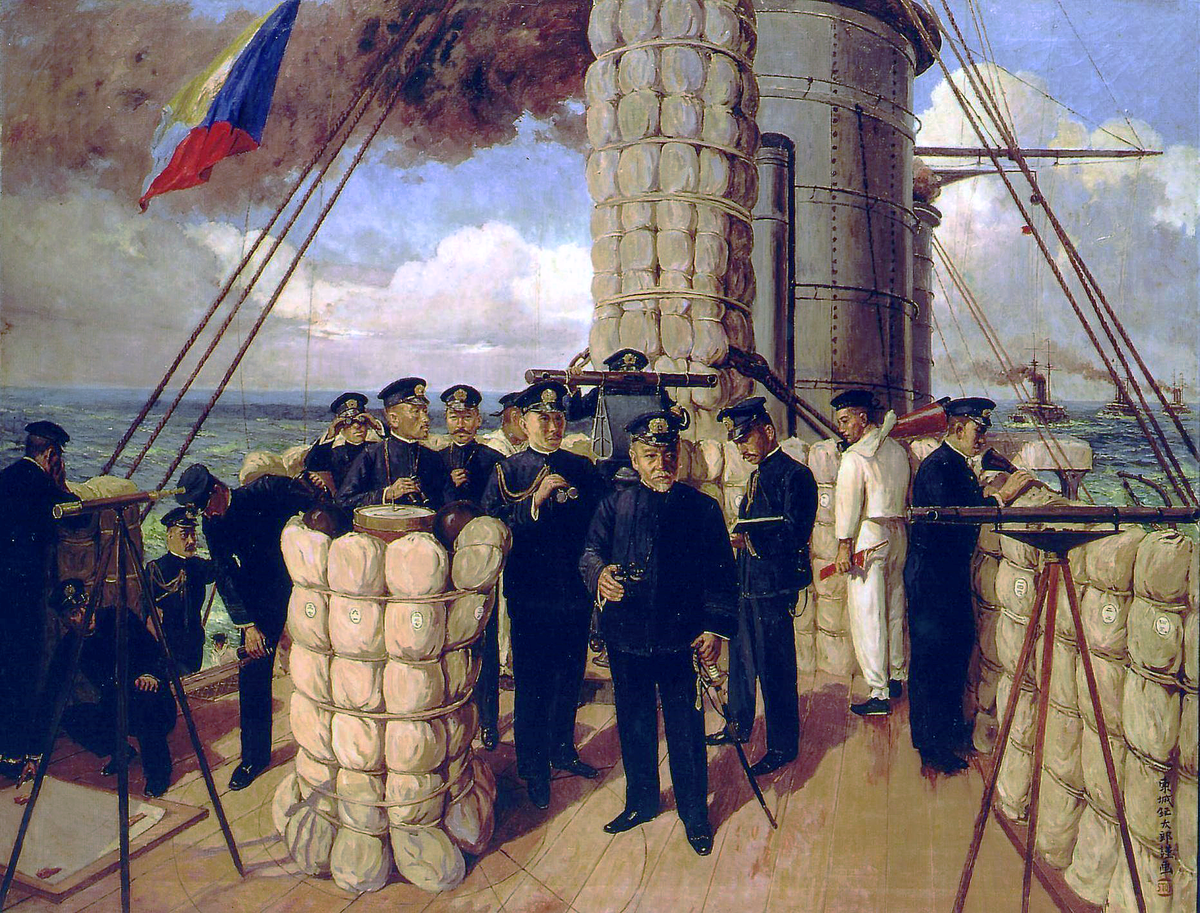And without Chinese goods, there would be a global industrial collapse everywhere, due to lack of most basic materials. While a lot of nations could at least feed themselves (and, for example, Russia have vast agricultural reserves - we aren't USSR, you know), no nation could realistically replace the China's part of global industrial production.
You could have said the same about German industrial goods. The belligerents of the First World War persevered regardless.
That's possible. Hovewer international society may frown on minelaying or submarine operation outside of immediate zone of conflict. The whole Taiwan business is not exactly legally clear; especially after USA condemned the situation with Crimea. And I rather doubt that US politicians would be willing to provoke everyone else even more than unavoidable.
The immediate zone of conflict is the the entire Western Pacific, and that includes every Chinese port. If the entrances to those ports are mined, then no neutral shipping is getting through.
The preponderance of US power is such that the only country willing to militarily challenge the US blockade will be China.
The Taiwanese business is morally clear, which is why the US will get greatly increased support. The only way a Pacific war can start is through aggressive actions by the PRC, which will set the tone in how most countries will react to the war.
Another factor that is also going to greatly influence Chinese isolation amongst wealthier nations is the quality of their diplomats and completely intransigent Wolf Warrior diplomacy. Wealthy countries unsurprisingly tend to be nice cushy postings, so the various incompetent sons and daughters of senior Part officials tend to get these postings, with more competent professionals being sent to more minor postings elsewhere (which explains why China tends to do so well on a diplomatic level in Africa).
With all respect, but even US/EU sanctions against Russia are leaking. And Russia is nowhere as big in terms of economy as China. In fact, I actually quite doubt that Europe would be even willing, far less eager to maintain sanctions against China in case of Taiwan war. Simply speaking - it's far away from Europe, it's very muddy situation from legal point of view, and it's USA/Japan problem, not French or Italian. Why should Europeans concern themselves with more than formal support of USA?
It's a pretty clear cut situation from a legal point of view, Taiwan is an independent state, and since Europe is dependent on the US remaining a great power for their security, they will be willing to cooperate. They don't have to declare war on China, only cooperate with the sanctions regime, which does not preclude them from getting hold of Chinese goods, which they will be able to obtain either through trade with third parties, or seizing them from shipping breaking the sanctions regime. Either way, China will be forced to sell their goods at very low prices, much like Russia is currently forced to with it's oil, because they will be bargaining from a position of weakness..
Economic warfare is marathon, not a sprint, it is the slow strangulation of trade and gradual diminishing of viable options. The US can control China's access to most global trade, China cannot to the same to the US.
It's not bad analogy, but it's relevance is quite limited. I should point out, that Britain during World War I joined the pre-existing Franco-Russian coalition against Germany, and have their unquestioned support. In case of war over Taiwan, I rather doubt that US could have anything like unquestioned support from anyone besides Japan.
India, Vietnam, the Philippines and Malaysia, if not active belligerents, will at the very least be hostile to China, and will not enable Chinese ships to make use of their ports or allow Chinese trade to travel through their borders. In terms of countries with access to the sea that may be willing to allow access to Chinese goods, that leaves Russia, Pakistan and Myanmar (and the last one depends on how good rail infrastructure across the border to Yangon is, and how the Civil War turns out).

